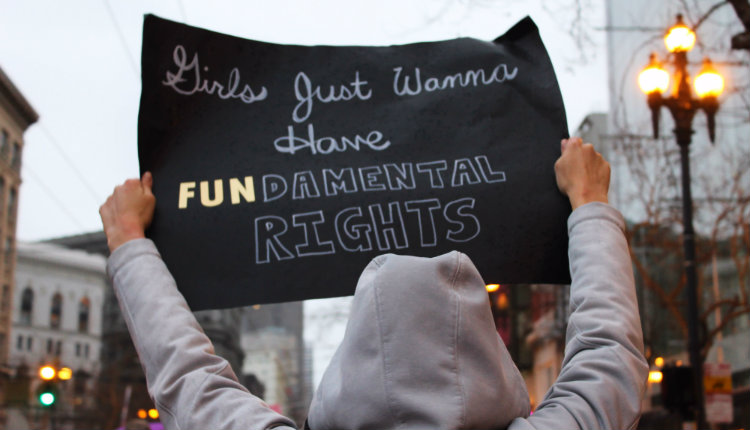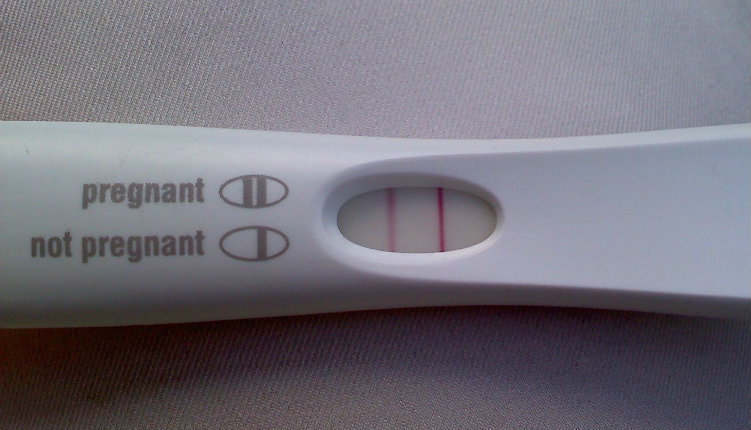Book Review | Autonomy
Irish women have many stories to tell, about ourselves, our mothers, our grandmothers. We stayed silent for a long time. An involuntary, imposed, shame driven silence. But that silence has been broken, we are finding our voices, we are speaking our truths, we are naming things that that were once unspeakable, we are refusing to stay in the darkness. We have years of silence to break, knots to untie and shame to shatter.
Autonomy, a collection of poetry, essays, shorts stories and plays edited by Kathy Darcy and published by New Binary Press brings many of these voices into the light. An anthology that includes some of the finest voices in Irish arts and activism, it lays bare generations of violence and sexual repression, and celebrates our continued acts of resistance, both big and small. It is at once about the 8th Amendment and the impact it has had on women and pregnant people’s lives, and also how our State views women, our bodies and our choices. Autonomy tells the stories of our grandmothers, our mothers, our aunts, our sisters, our friends and ourselves. The stories which, until very recently, we were unable to tell, except in whispers or in the darkness of the confession box. “I[it’s] a history of all our violence red and kicking in [a] swollen belly.” – Eva Griffin
It will give you goosebumps from Sinead Gleeson’s opening lines ”They prefer us convex and compliant And are vexed by how we rise like mountains bog-damp and river sleek.” Until Emily Roberts’ closing statement: “I do not feel different, after. Just, lighter.”

Autonomy weaves a tapestry of this violence and attempts to restrict our autonomy on multiple fronts that have been lived by women and marginalised communities across our island since the creation of the Irish Free State. The stories echo of familiarity: women trapped in laundries and abusive marriages, dead or disappeared babies, lonely trips across the sea only to come home a criminal, obstetric violence, violated consent and violated bodies. Perhaps they have happened to us, to our mothers, our sisters or our friends? Or r we have read the headlines.The women behind sensational headlines and the Misses X, Y, A, B, C, and D’s come to life in the words of these writers.
Through a diversity of voices – young, old, sex workers, travellers, trans folks, members of the LGBT+ community, migrants, women with disabilities, women and men – Autonomy, evokes snapshots of lives from an island that is so familiar to us, scenes that we have lived or imagined. And island that is haunted by specters of past and present: Virgin mothers made of stone, grottos, medals and rosaries, desperate prayers over swollen bellies, bastard children, single mothers, feckless boys who won’t use condoms, forced adoptions, Christian values, hospital gurneys, stirrups and straps, knives cutting scalpels slicing, pills and needles, blood stained sheets and panties, laundries and workhouses, bone filled septic tanks, the faded ink of draconian laws, the lurid yellow of the Ryanair cabin, overnight suitcases, courier boxes filled with ashes, abuse, violence, rape and the absence of consent in all aspects our lives. Fear, shame and silence are ever present. All around us are leery older Uncles, friends of the family and strangers in bars, their hands reaching where we do not want them to go, planting sloppy kisses on unwilling cheeks. Countless doctors, politicians and faceless men in black robes who decide our fate. “The clocks ticked on, the men debated and silently the women waited.” – Angela Carr
There are nods to the feminist dystopian, or ‘handmaid’, tradition from Claire Hennessy and Tina Pisco & Amelia de Buyl-Pisco where even a with a wanted pregnancy, somehow women cannot be trusted. They are no longer individuals, they are vessels for the unborn and must be constantly monitored and policed for any sign of their failure to comply with what is ‘best for baby’. The welfare of the person carrying that baby is secondary at best and of no importance at worst. Both writers take the concept of foetal rights to the extreme: failure to comply with the ‘best for baby’ mandate can result in imprisonment, separation from the baby, the family or worse. And yet, we can question whether we are really that far from such a reality, when every so often papers publish think pieces about whether we need to criminalise alcohol consumption during pregnancy and when women are given life sentences for miscarrying in El Salvador?

Almost every contribution has some resonance with my experience of life as a woman in Ireland. Though I have read it many times, Sarah Clancy’s poem, “This State Hates Us”, still gives me the shivers. She captures perfectly the rage and frustration of growing up in Ireland with a uterus: “it’s clear now that our state hates us as if we hadn’t always known it as if we haven’t always felt it as if it hasn’t been the subtext of our paths through life to womanhood.” In the introduction to her play, she had a ticket in mind, Fiona O’Connor could have been narrating the story of my mother, both my grandmothers, and I, so close was it to the reality lived by the women in my family. Particularly the burden of secrets never shared, not even with their daughters. Who could be trusted enough to listen without judgement? Who even had permission to speak?
O’Connor and many others probe the secrets and lies beneath Irish womanhood for all that was lost when it was forbidden to tell the truth. The lies our mothers told us, the lies we told ourselves, the lies preached from the pulpit and now the lies spread by those who claim to #loveboth. The more women in this country write and speak out, the harder it is for anti-choice advocates to deny the complex, and sometimes tragic, reality of our lives that can lead us to terminate a pregnancy.
Autonomy, however, is much more than a catalogue of oppression. It is a celebration of the resilience, resistance and rebellion of Irish women. With the referendum finally set for May 25th it could not have been published at a more opportune moment. Autonomy is a rallying call to those who care for the fate of women and pregnant people in this country to vote Yes to repealing the 8th.
The struggle does not end there, however. Many of the contributors spoke of other barriers to the full enjoyment of our bodily autonomy that must also come down. These include: rights and protection for sex workers, access to quality healthcare and education for traveller and migrant women, an end to discrimination in all its forms, education around sexual consent and real measures to tackle Ireland’s epidemic of sexual and domestic violence. Through the Repeal movement we have witnessed an unprecedented mobilisation of women and allies and the creation of new bonds of solidarity between feminist, social activists and ordinary citizens which must be catalysed to ensure that these other freedoms are won for ourselves and our sisters. Autonomy is already nudging us in this direction: “Women, rise up, this country hates us it’s long past time we changed it – this time let’s not rest until we’ve changed it.” – Sarah Clancy

